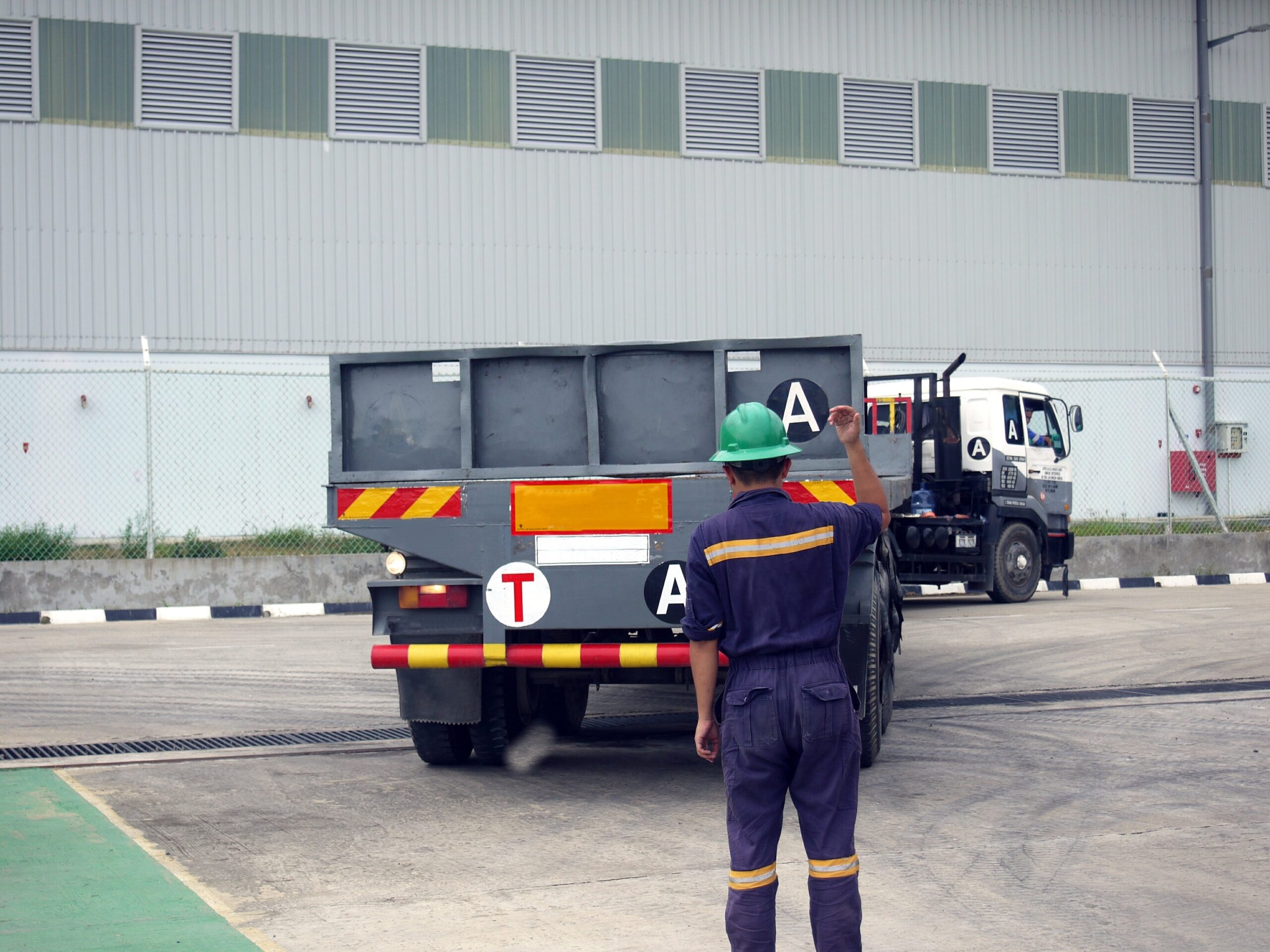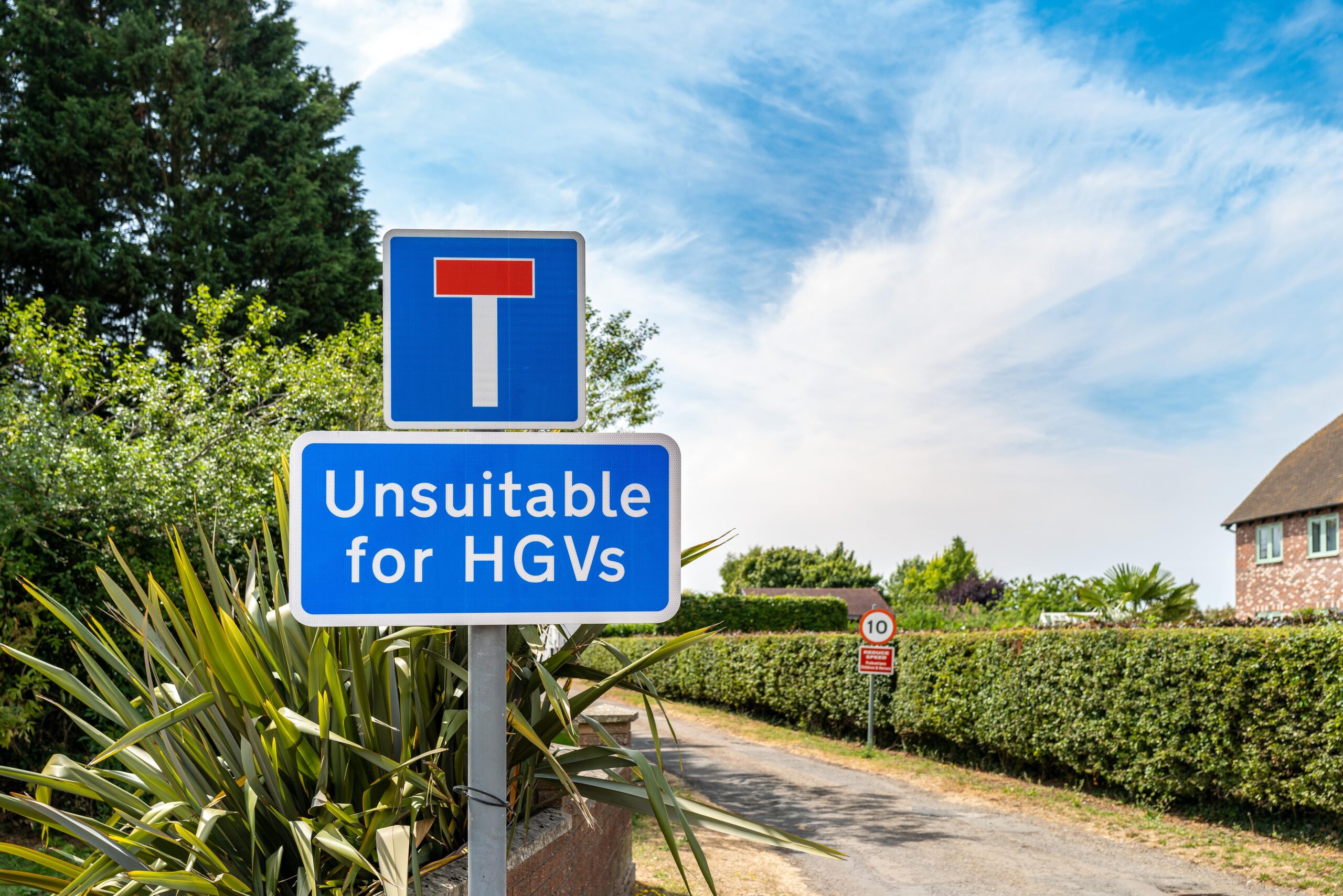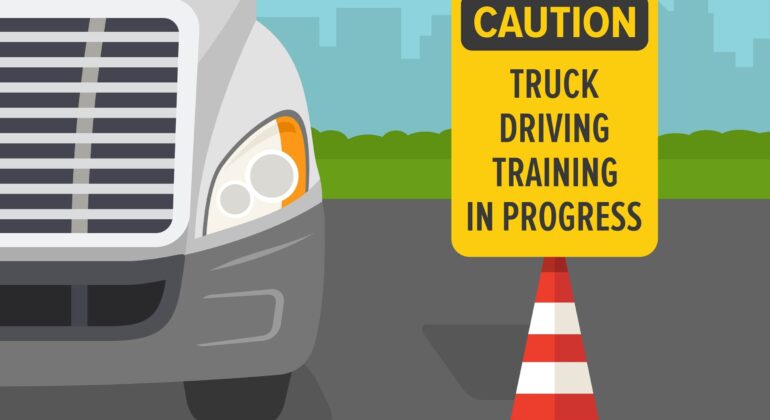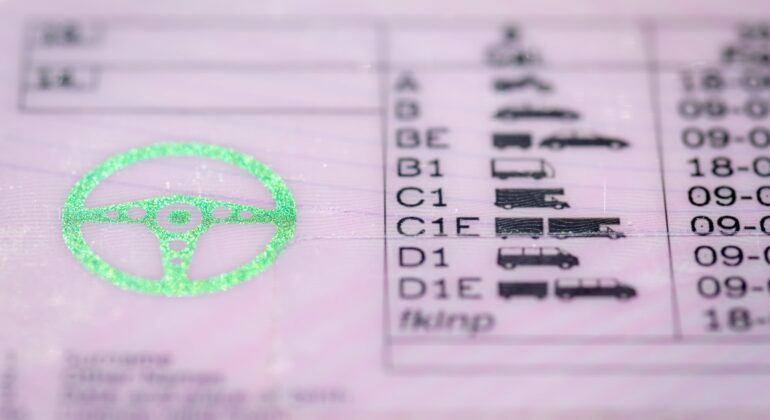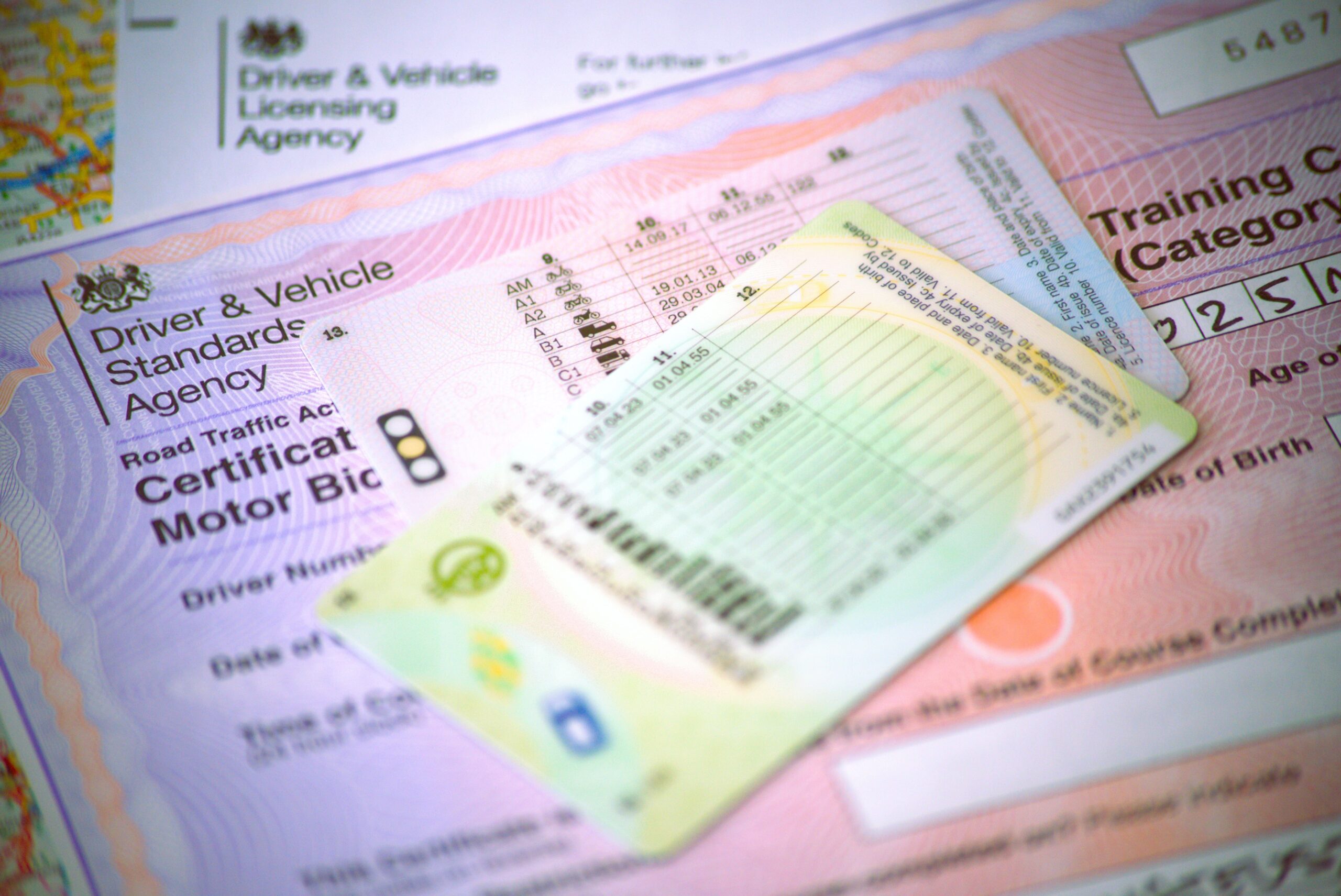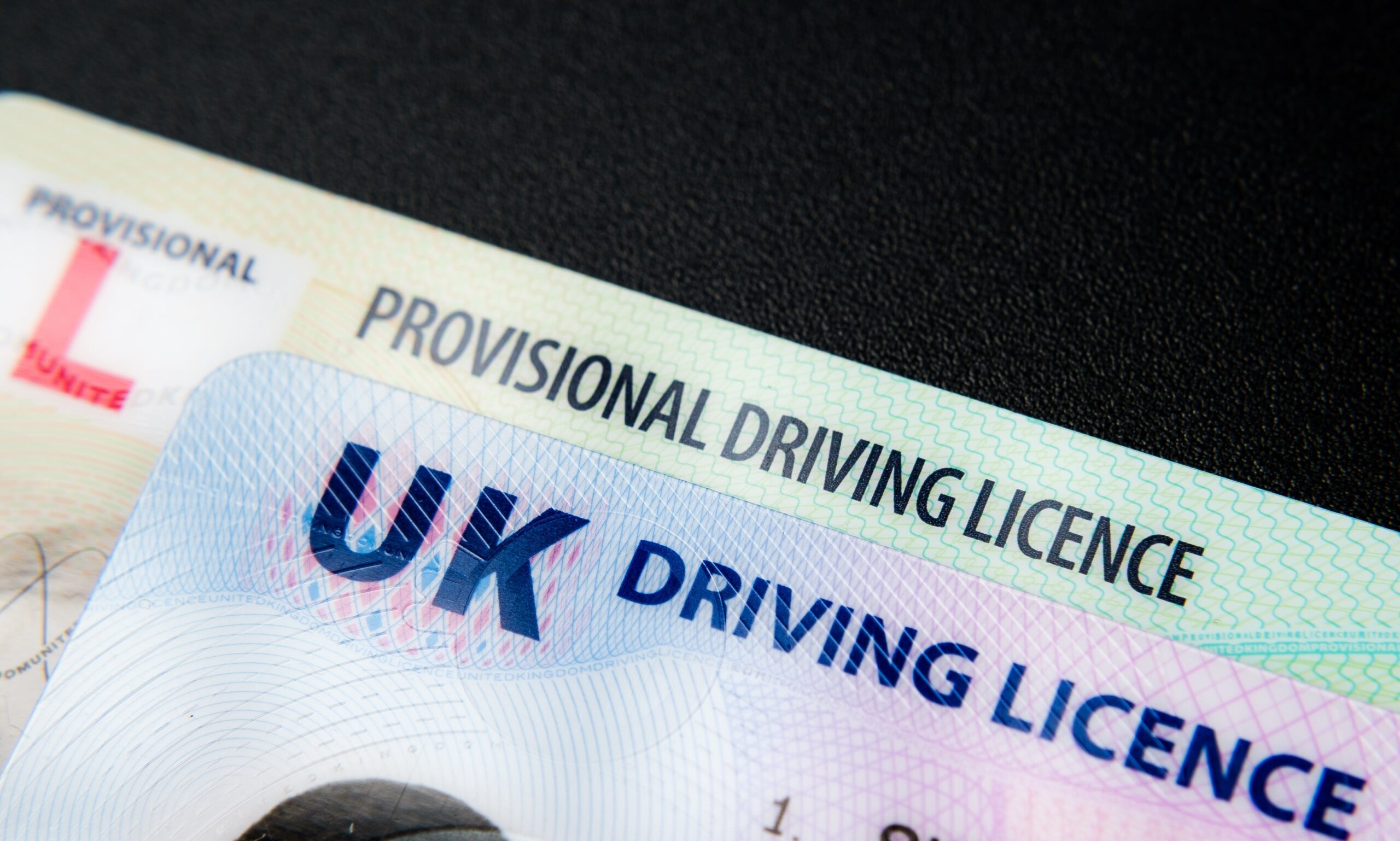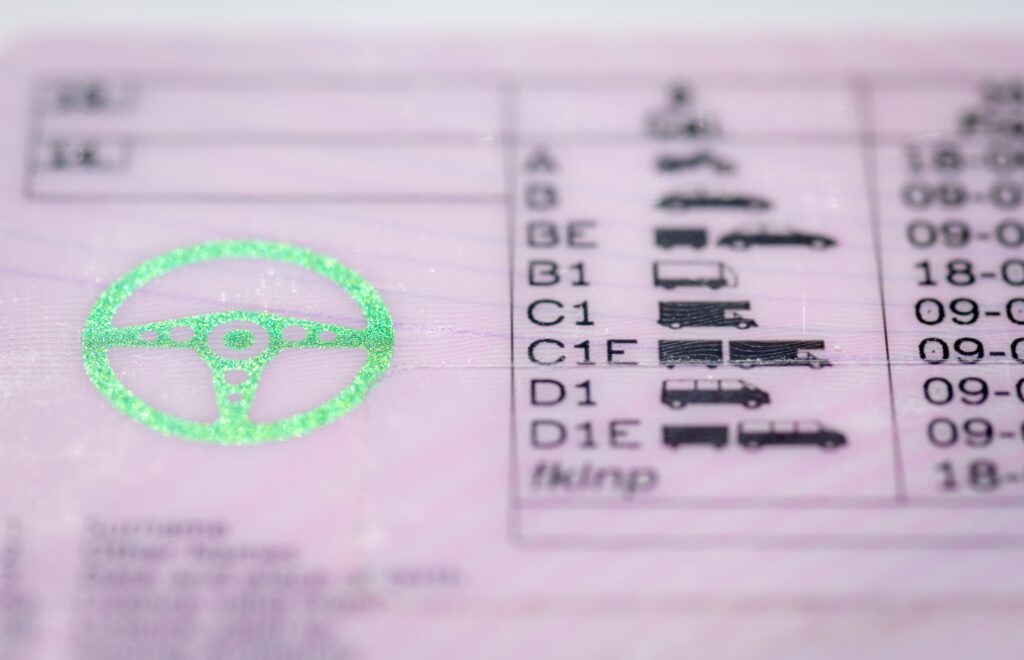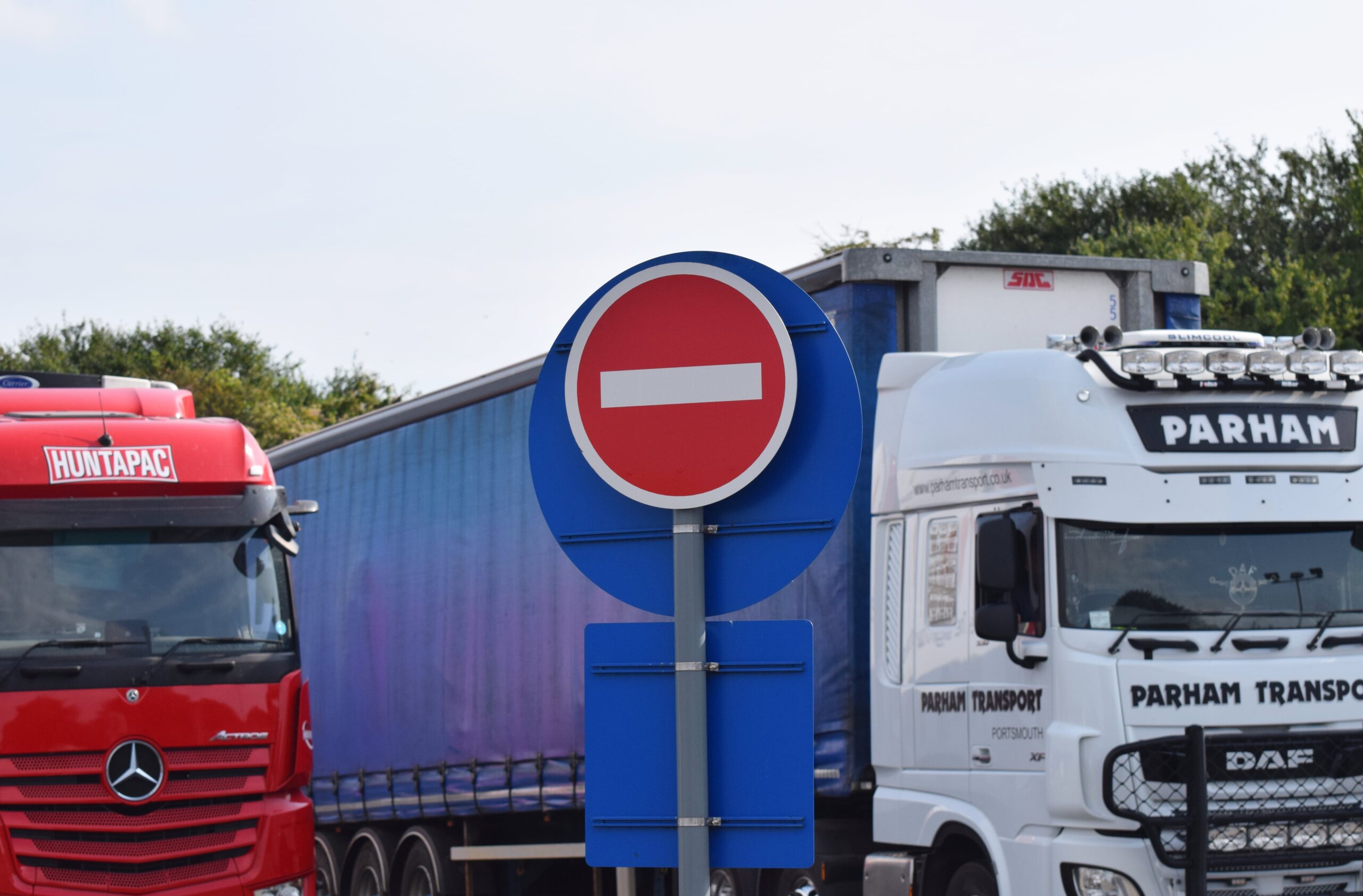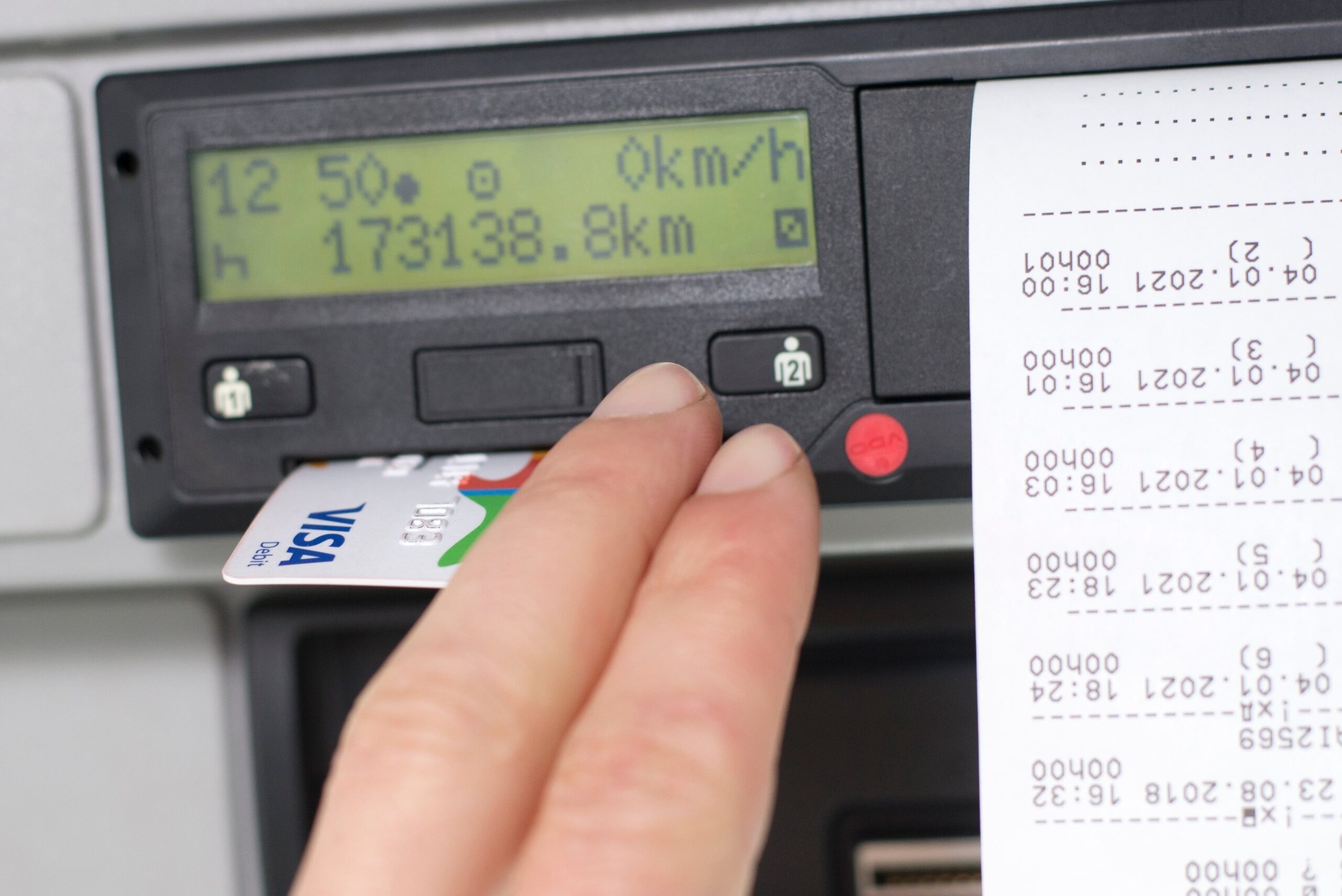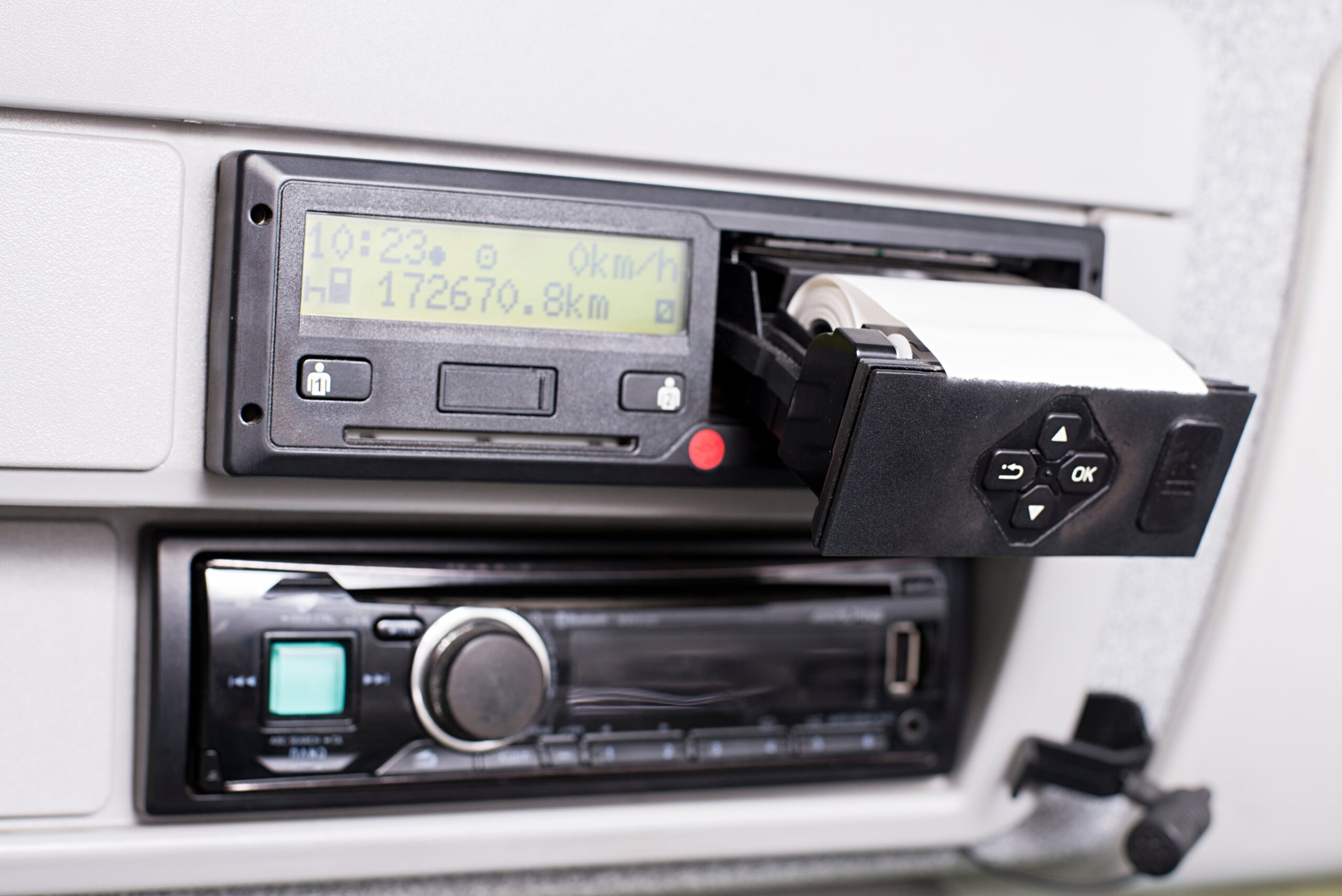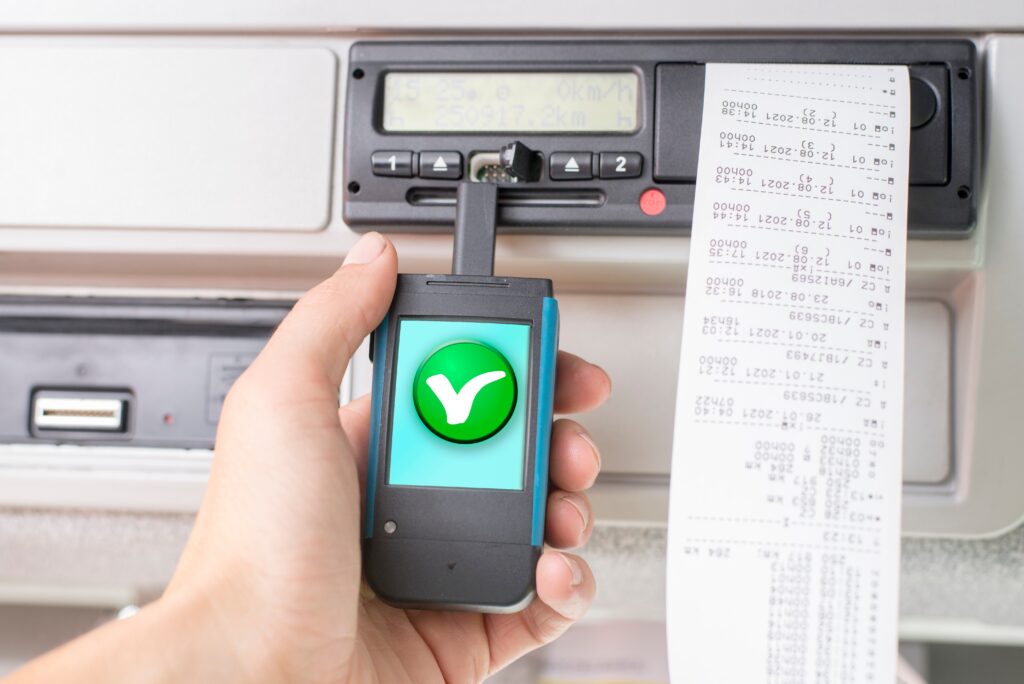A common sight on the motorways of the UK and Europe, the articulated lorry is an essential logistics tool for transporting everything from luxury fashion to fruit and vegetables.
But what exactly is an artic lorry and how do they differ from a standard HGV?
The professional driving experts at HGV Training Network reveal all!

The artic lorry – everything you need to know
Referred to colloquially as an artic lorry, the articulated lorry is essentially a subcategory of HGV.
Unlike an HGV, an artic lorry has a tractor unit pulling a separate trailer, joined by a pivot point, giving it the articulated structure it’s named after.
As you might assume based on the separation from the cab and the trailer, it can be much more complex to drive an artic versus rigid lorry, so if you are looking to drive one, be aware that it might take a little time and some driving practice to adjust.
How long is artic lorry?
The most common articulated lorry has a maximum length of 16.5m, but Longer Semi-Trailers (LSTs) can be up to 18.55m.
By comparison, a standard rigid HGV is around 12m in length.

How much can an artic lorry carry?
Unlike the length of the lorry, which gives us a more definitive answer, the permitted weight of an artic depends on the number of axles the vehicle has.
These axles are essential for even weight distribution, supporting the vehicle mass, and enabling wheel rotation for movement. Plus, the number of axles also impacts the stability of the lorry and the turning radius it can achieve – so they are pretty important.
| Number of axles | Permitted weight (kg) | Permitted weight (tonnes) |
| 3 | 26,000 | 26 |
| 4 | 36,000 | 36 |
| 5 | 40,000 | 40 |
| 6 | 44,000 | 44 |
Typically, an articulated lorry can carry up to 44 tonnes including its own weight and the load – also referred to as the maximum gross weight.
The payload – the weight of the goods it can carry – is much less, usually around 28 tonnes for a 44-tonne artic.
- This equates to around 16 standard UK pallets, or 33 Euro pallets, when loaded in a single layer.
However, you should always check the dimensions of the vehicle you are driving and how many axles it has, as the exact dimensions, axle numbers, and loading configuration can alter capacity limits.
A standard HGV, on the other hand, tends to top out at a maximum gross weight of 32 tonnes.
How much does an artic lorry weigh?
Generally speaking, an empty 44-tonne articulated lorry typically weighs 13–17 tonnes empty. However, as we have previously discussed, this depends on the exact spec of the vehicle.
Comparatively, an empty HGV can range anywhere from 7 to 17 tonnes.If you need help staying out on the open road in your professional driving job, choose CPC training from HGV Training Network – we’ll ensure you stay roadworthy for the next 5 years!

How to get an artic lorry licence?
Interested in driving the very biggest vehicles on UK roads?
We’re not surprised, as well as enjoying the freedom of the open road, HGV or articulated lorry driving can come with incredible benefits, such as:
- Protected work hours that maintain your health and wellbeing
- Very competitive salaries
- The ability to travel widely
- A great work-life balance
To get started and drive an artic lorry, all you need to do is sign up for HGV training courses!
Contact HGV Training Network to get started today!
Don’t spend your life declining behind a desk if you are dreaming of days driving across the UK – there’s never been a better time to join the industry and there are plentiful jobs for both HGV and articulated lorry drivers.
For a bespoke quote and to get the wheels rolling, email us at contact@hgvtrainingnetwork.com or fill in our contact form and our friendly team will get back to you as soon as possible.














